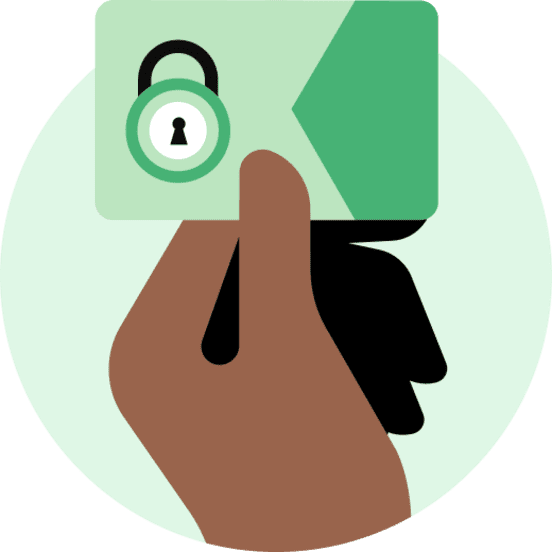An extra security step for payments
Strong Customer Authentication (SCA) is a new EU regulation affecting online payments across Europe. It’s a way to protect your account and keep your card safe during payments. Read up on the top level information about it.
Designed to make paying online safer
In order to fight against fraud, SCA requires the verification of online payments. It primarily affects online payments made using credit or debit cards issued in the European Economic Area (EEA). Uber is working with this regulation, while also working to keep your experience as smooth and seamless as possible.
What's changing?
When making a payment you may sometimes need to confirm it's really you before completing the purchase. The security step is a form of two-factor authentication and takes place with your bank. You are transferred back to complete your purchase once this is done.
When can I expect this?
Your authentication requests depend on your online payment activity and may differ per merchant. While requests may seem largely random, you may notice patterns. For instance, you can expect larger purchases, especially those over €30, to require authentication more often than smaller ones.
How does it work?
When this extra step is applied, you will be transferred to your bank to authenticate the payment and confirm that it’s really you. You’ll need to provide two pieces of information, including but not limited to:
Something you know (PIN code or password)
Something you have (Phone or hardware token)
Something you are (Fingerprint or face recognition)
What should I do to prepare?
By taking the following actions you can get a head start on the new security step, and ensure that your payments process remains smooth:
Contact details
Check your bank has your correct contact details.
Authentication methods
Familiarise yourself with your bank's authentication methods. You should have received (or will receive) an email to inform you.
Digital wallets
Some digital wallets such as PayPal, Apple Pay, and Google Pay are already compliant with SCA regulation due to their in-built authentication. Consider switching your payment method to one of these to continue paying quickly and securely.
FAQ
Top questions from riders
- Can I whitelist purchases from a trusted merchant?
After completing an authentication, it may be possible to add Uber to your list of trusted merchants, and your future payments will not be subject to authentication requests. However, it is dependant on whether your bank currently offers whitelisting.
- If I switch my payment method, will I have to authenticate the new payment method?
Down Small Adding a new payment method such as a credit or debit card will require an initial authentication. However, non-card payment methods like Apple Pay and Google Pay have built-in authentication and won’t require an additional step. PayPal is also exempt from authentication.
- I already have 2 step verification set up on my Uber account, why do I need a 2 factor authentication?
Down Small Uber’s 2 step verification is an optional feature that adds an additional layer of security to your Uber account upon login. It will ask you to input a one-time authentication code in addition to your Uber account password.
Strong Customer Authentication is a non-optional, authentication protocol, aiming to provide an extra layer of security, specifically to your digital transactions.
- Do I need to authenticate every time I clear my arrears?
Down Small Yes, whenever a new digital transaction is initiated, you might be asked to authenticate it.
- Are there any exemptions for Strong Customer Authentication?
Down Small Under this new regulation, specific types of low-risk payments may be excused from Strong Customer Authentication. Upon transaction, your bank will evaluate the risk level of the transaction, and ultimately decide whether to approve the exemption or whether authentication is still necessary.
Note: Other digital payments such as PayPal, Apple Pay or Google Pay digital wallets won't be subject to Strong Customer Authentication protocols.
Still have questions?
Read the most frequently asked questions on this topic in our Help Center.
About



